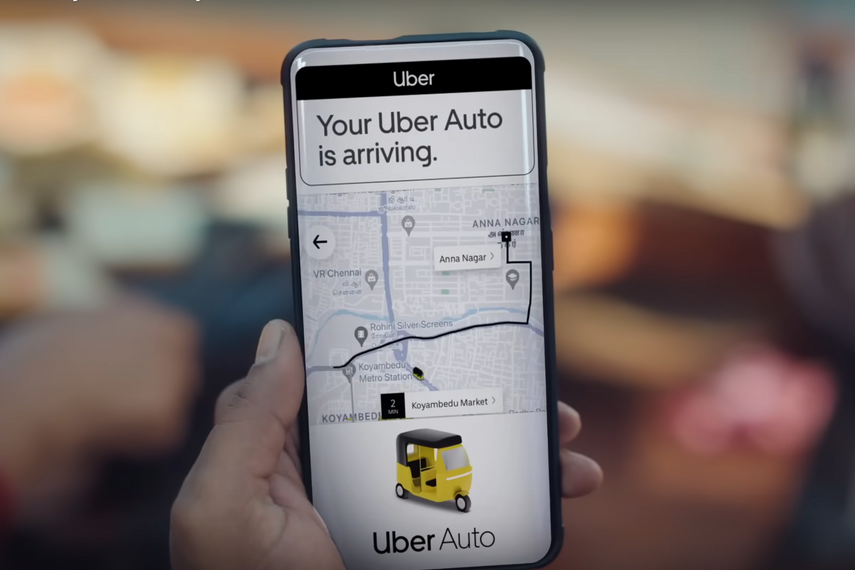
To succeed in India, global brands must rethink their core proposition, and focus more deeply on solving basic problems. According to Dheeraj Sinha, group CEO, FCB India and South Asia, this is a success formula adopted by several MNCs trying to make a mark in the world’s most populous country.
In a presentation at Spikes Asia 2024, Sinha shared the stage with his client, Tanya Malhotra, brand and reputation lead at Uber India, to speak specifically about the ride-hailing firm’s recent success.
Launched a little over a decade ago in India, Uber’s early campaigns focused on making a premium offering accessible to the Indian middle-class and dabbled with celebrity endorsers. However, the last year has seen a shift in strategy reflected in its communications.
Sinha said that while most brands from the West like Amazon or Uber were built on the premise of convenience, many brands in India represent access over convenience. For instance, Sinha claims that Uber succeeds in India not just because of the convenience it offers, but because it represents the nation’s “aspirations, dreams, and connections”.
Like elsewhere in the world, Uber launched in India with swanky cars. However, the ride-hailing firm owes its growth to autos or tuk-tuks, which currently account for six out of 10 Uber rides in the country. By adopting what Sinha called “a leader’s mindset”, Uber stopped chasing market share and focused instead on category building. He said, “When you play like a leader, you solve fundamental issues that ought to be addressed by government or public policy.”
The Indian leg of Uber’s recent ‘Go Anywhere’ campaign focused on economical and accessible travel options via auto, featuring stories of actual customers including an aspiring cricketer and India’s first woman bouncer. Another recent campaign highlights the brand’s intercity travel options.
Malhotra explained, “Intercity travel in India is typically a rare pre-planned occasion. But the complicated reality of intercity travel often makes it not worth the effort.”
Uber modified its offering to include round trips, three-day car rentals, and the ability to book 90 days in advance. Malhotra said, “These features address the challenges that Indians face when it comes to outstation travel. It is close to what the consumers want because it is built in India and did not come out of Silicon Valley.”
Sinha attributed Uber’s performance to going ‘culture down’ rather than ‘tech up’ by telling real-life stories, keeping creative work familiar, and by communicating in regional languages.
Malhotra added that the 2023 campaign resulted not just in a rise in brand lift, but a 30% growth in Uber’s intercity business. She concluded: "We still have miles to go. We have merely scratched the surface when it comes to unlocking the overall mobility landscape of India.”


.png&h=268&w=401&q=100&v=20250320&c=1)
.jpg&h=268&w=401&q=100&v=20250320&c=1)





